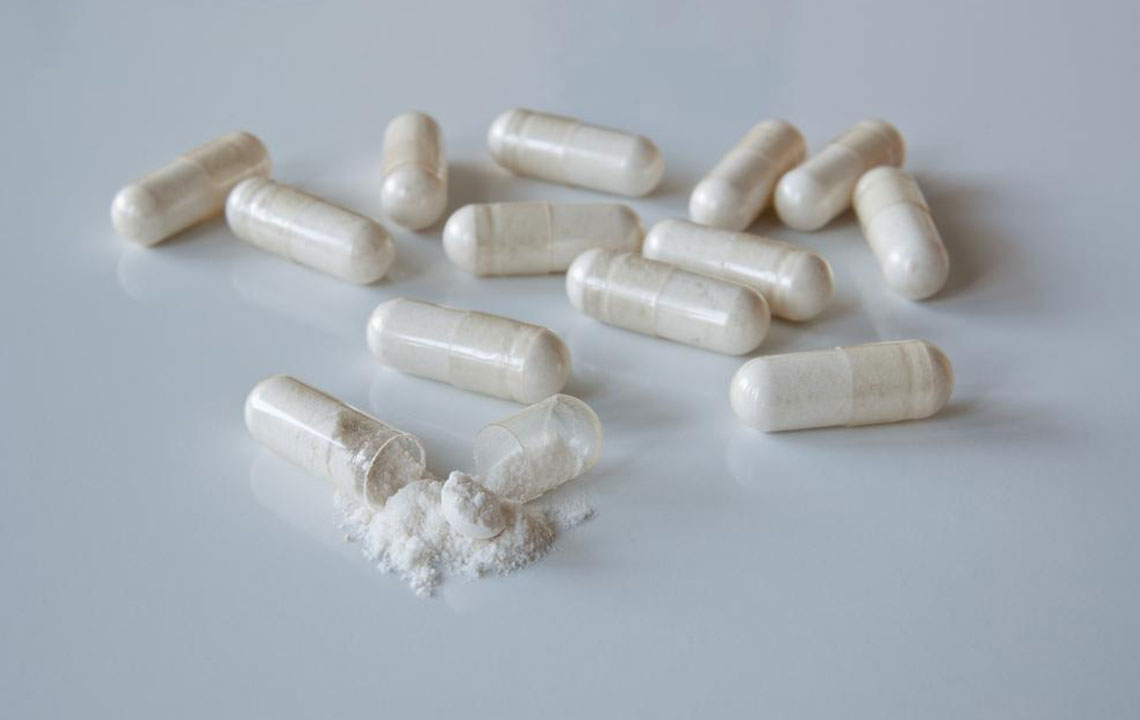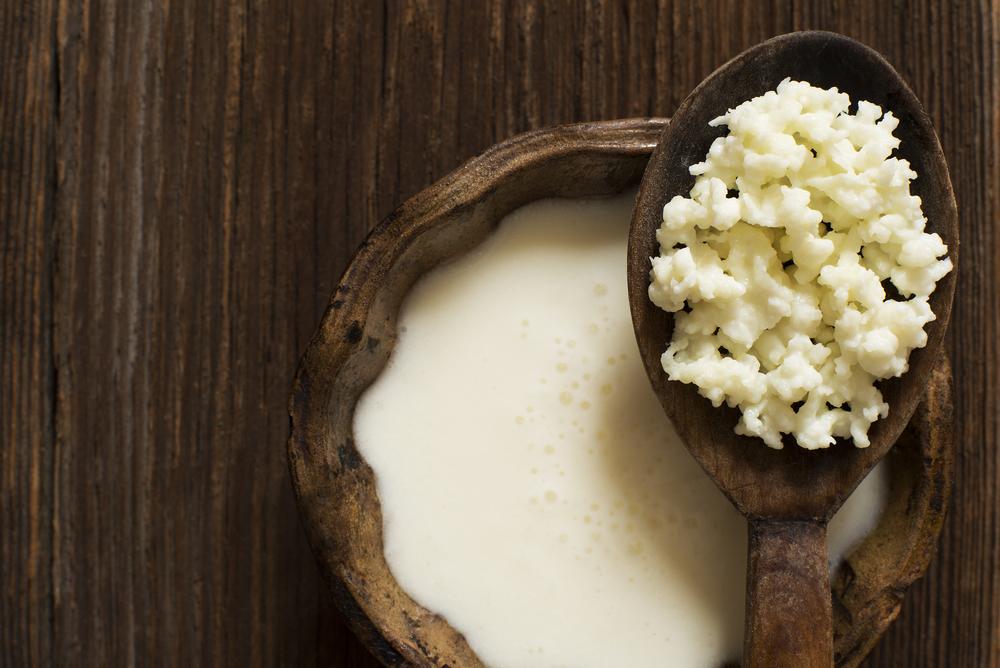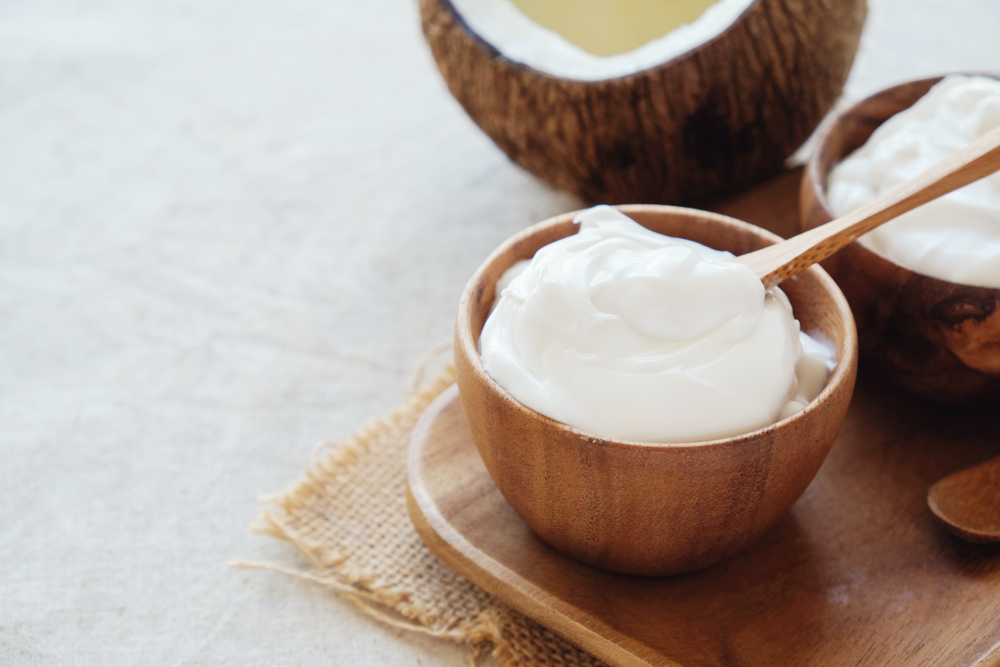Discover the Health Benefits of Probiotics
Learn about the comprehensive health benefits of probiotics, from improving digestion and immune function to supporting mental health and heart health. Discover how probiotic-rich foods and supplements can enhance overall well-being, prevent bowel conditions, and reduce allergy symptoms. Incorporating probiotics into your routine can significantly improve your health profile naturally and safely.

Discover the Health Benefits of Probiotics
Probiotics, often called "good bacteria," play a vital role in maintaining health when consumed in adequate amounts. These beneficial microorganisms are naturally present in our bodies but can also be obtained through fermented foods and supplements. Consuming probiotic-rich foods supports a healthy gut flora, promoting optimal digestion and overall wellness. By balancing gut bacteria, probiotics help prevent illnesses, enhance immune function, and may aid in weight management. Incorporating probiotics into your diet can lead to improved digestion, stronger immunity, and better mental and cardiovascular health.
Advantages of probiotics include better digestion, weight control, immune support, and more!
Promote Digestive Wellness with Probiotics
Probiotics encourage the growth of beneficial bacteria in your digestive tract. Eating foods rich in probiotics helps restore natural bacterial balance, preventing harmful bacteria from dominating. These beneficial microbes can combat digestive issues, including illness recovery and medication side effects. Consuming probiotic foods or supplements regularly helps sustain a healthy gut environment.
Probiotics also help manage obesity and allergic reactions. They are generally safe with no significant side effects.
Balance Gut Bacteria to Counter Diarrhea
Probiotics are effective in treating and reducing the severity of diarrhea, especially those caused by antibiotics. Antibiotics can disturb gut bacteria, leading to digestive disturbances. Maintaining probiotic levels helps restore balance, lowering diarrhea risk and duration. Strains like Lactobacillus casei and Lactobacillus rhamnosus are commonly recommended for this purpose.
Support Mental Well-Being with Probiotics
Certain probiotic strains, such as Bifidobacterium and Lactobacillus, are linked to improved mental health. They may reduce depression, anxiety, OCD symptoms, and enhance memory. Incorporating probiotic-rich foods like yogurt daily or taking capsules as advised can significantly relieve stress and improve mood.
Enhance Heart Health by Managing Cholesterol and Blood Pressure
Probiotics contribute to cardiovascular wellness by lowering bad cholesterol and stabilizing blood pressure. They help break down bile acids, preventing reabsorption as cholesterol, thus supporting healthy heart function. Probiotics can also slightly boost good cholesterol levels, promoting a healthy circulatory system.
Mitigate Allergies and Eczema with Probiotics
Probiotic intake, especially in children, can lessen allergy symptoms and eczema severity. Some studies suggest that probiotic supplementation during pregnancy and infancy reduces allergy risks in children. They can also help manage dairy allergies and improve skin conditions like eczema.
Protect Against Bowel Conditions
Probiotics have been shown to aid in treating inflammatory bowel diseases such as Crohn's and ulcerative colitis. Strains like Bifidobacterium and Lactobacillus support gut health, reduce inflammation, and may prevent conditions like necrotizing enterocolitis in premature infants. Regular probiotic intake boosts immune defenses by enhancing natural antibody production.
Incorporate probiotic-rich foods like yogurt and fermented products into your daily diet, or consider supplements such as capsules and powders for optimal health benefits.










